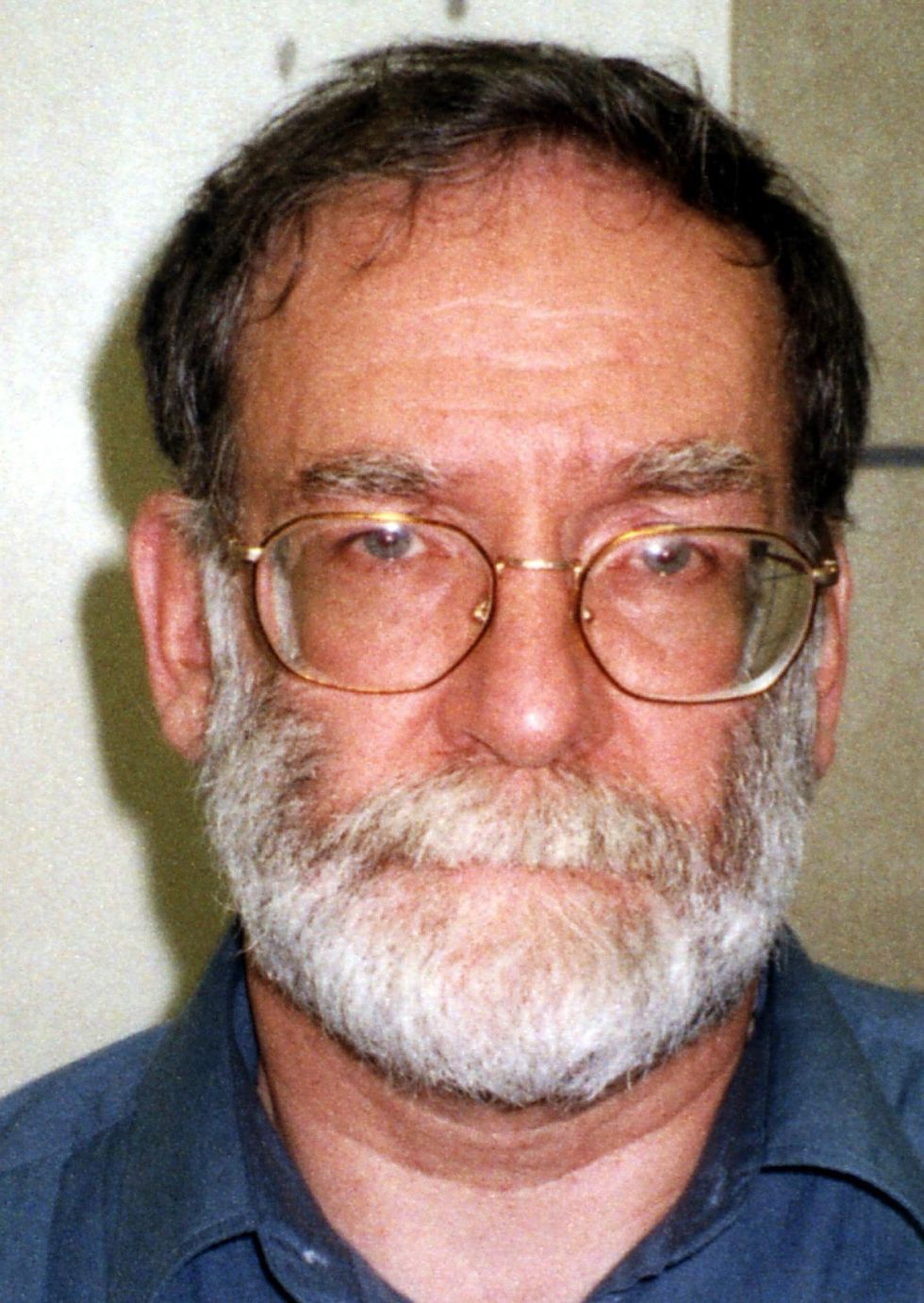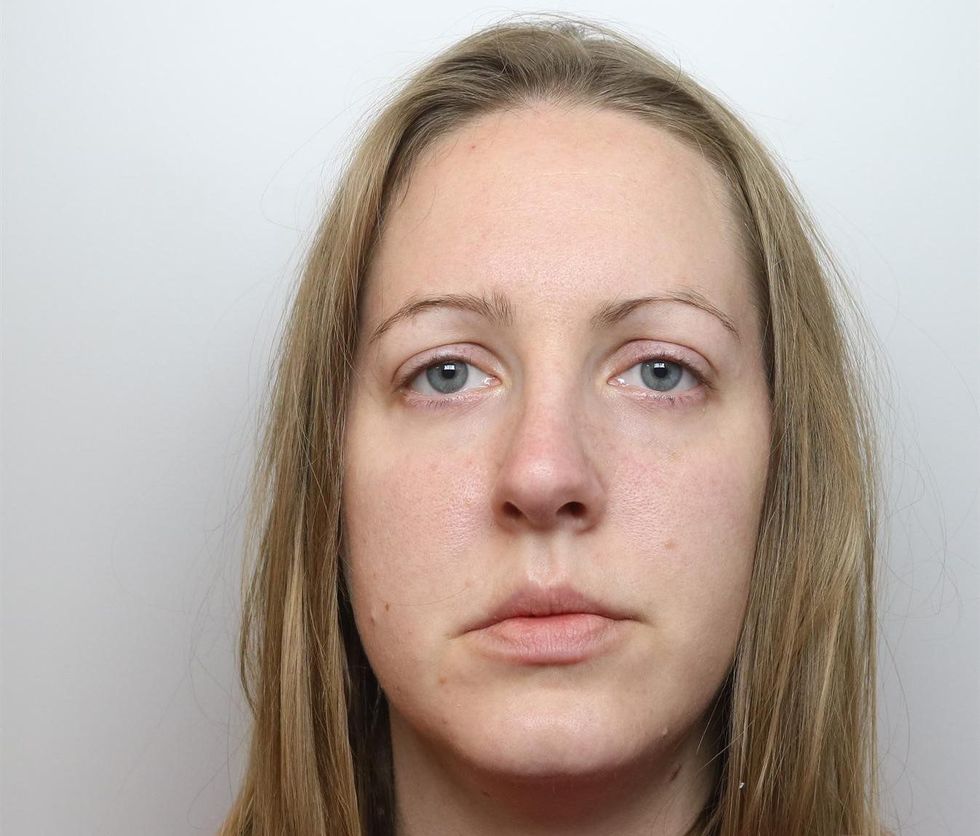Nurse Lucy Letby's conviction on Friday for murdering seven babies and attempting to kill six others makes her one of the UK's worst medical serial killers.
Here are details of previous notorious cases:
Harold Shipman

One of Britain's most prolific serial killers, Dr Harold Shipman was convicted of killing 15 patients, but he is believed to have murdered as many as 250 between 1971 and 1998.
The once-trusted family GP from near Manchester, northwest England, was sentenced to life imprisonment in 2000. He hanged himself in his cell four years later.
Shipman -- nicknamed "Doctor Death" -- injected his patients, many of them elderly, with a lethal dose of morphine and then signed death certificates to say they died of natural causes.
Shipman was caught after the daughter of his last victim was informed of a suspicious will seemingly made by her mother that left a large sum to Shipman and excluded the family.
But his motives remain unclear as in most cases he had nothing to gain from the deaths of his victims.
Beverley Allitt
Nurse Beverley Allitt was found guilty of killing or attacking 13 sick children, who had been in her care at Grantham and Kesteven General Hospital in Lincolnshire, eastern England.
In the early 1990s, Allitt murdered four children by administering fatal doses of insulin. Some of her victims were left with life-long injuries.
She was sentenced in 1993 to 13 life sentences for the crimes with a minimum term of 30 years.
It is believed Allitt suffered from Munchausen syndrome by proxy, a mental health condition that is characterised by a caregiver creating health problems in another person, usually a child.
Allitt is being held at a high-security psychiatric hospital. The judge at her trial said it was unlikely she would ever be released.
Victorino Chua
Nurse Victorino Chua was convicted for murdering two patients and poisoning others with insulin while working at the Stepping Hill hospital near Manchester in 2011.
The Filipino-born nurse contaminated saline bags and ampoules, with other nurses unwittingly using the products.
He was also found guilty of causing grievous bodily harm to a third patient, who was left brain damaged. Chua was jailed for life in 2015 with a minimum term of 35 years.
Detectives had described the father of two as a narcissistic psychopath and said he had shown a complete lack of remorse for his crimes.
Chua described himself in a letter found at his home as "an angel turned into an evil person", writing that "there's a devil in me".
Colin Norris
The hospital nurse was jailed for life in 2008 with a minimum term of 30 years for murdering four frail and elderly patients and trying to kill a fifth at two hospitals in Leeds in 2002.
Branded "evil" by the judge at his trial, Norris gave all five women overdoses of diabetes drug insulin as they recovered from surgery on hip fractures.
The judge described him as "an arrogant and manipulative man with a real dislike of elderly patients".
Norris, originally from Glasgow, had once said he did not like caring for "geriatric patients".
Norris came under suspicion after he predicted the death of one woman, who slipped into a fatal hypoglycaemic coma later in his shift.
He was charged after detectives discovered striking similarities between deaths that happened while he was on duty.
During police questioning, Norris denied any involvement and tried to explain away the deaths as coincidence, telling officers he had been "unlucky over the last 12 months".
Benjamin Geen

Nurse Benjamin Geen gave patients potentially deadly injections between December 2003 and February 2004 because he enjoyed the thrill of trying to revive them at Horton General Hospital in Oxfordshire, southern England.
He was found guilty on two counts of murder and of causing grievous bodily harm to 15 surviving victims and in 2006 was sentenced to at least 30 years in jail.
Geen used different drugs on his victims, including insulin, muscle relaxants and sedatives -- all commonly used in the hospital but potentially deadly in the wrong hands.
Eventually, after an alcoholic was admitted with stomach pains and ended up in intensive care, suspicions were raised and investigation at the hospital led to the nurse.
Geen was arrested as he arrived for work the next day, with a full syringe of muscle relaxant in his pocket. (AFP)




















 Damian Talbot
Damian Talbot